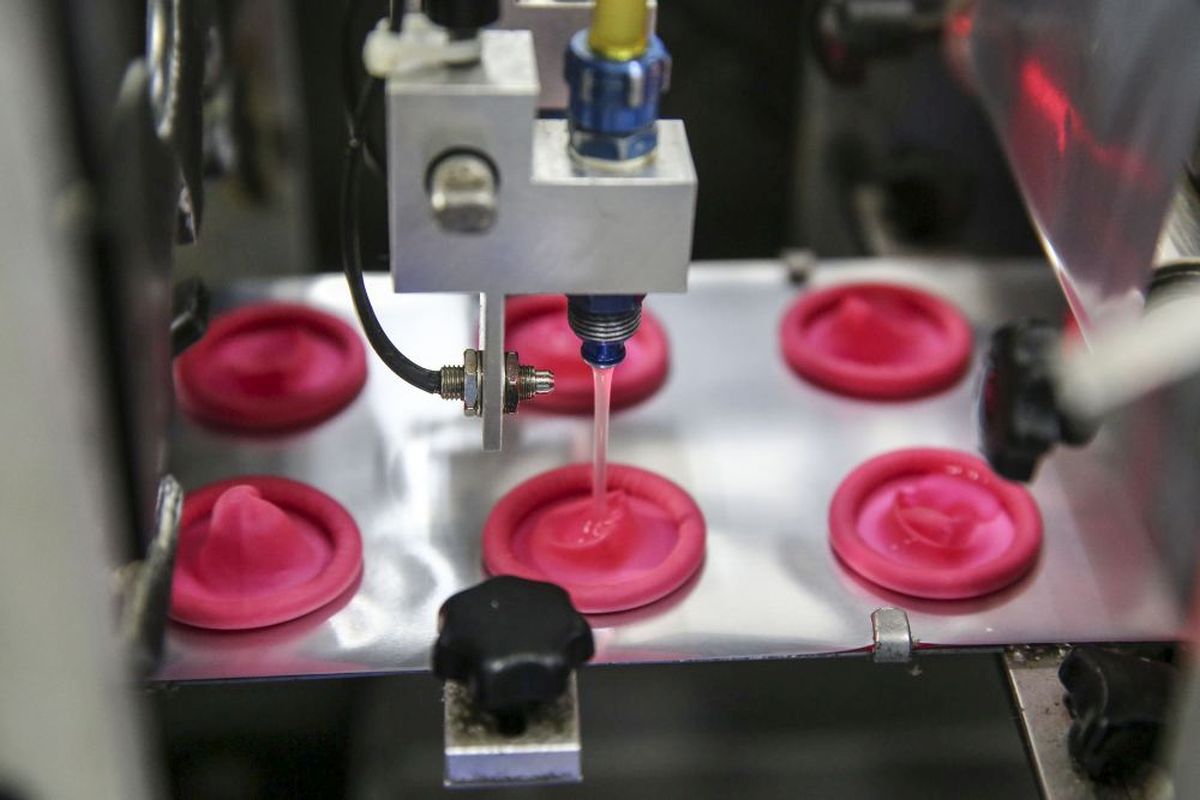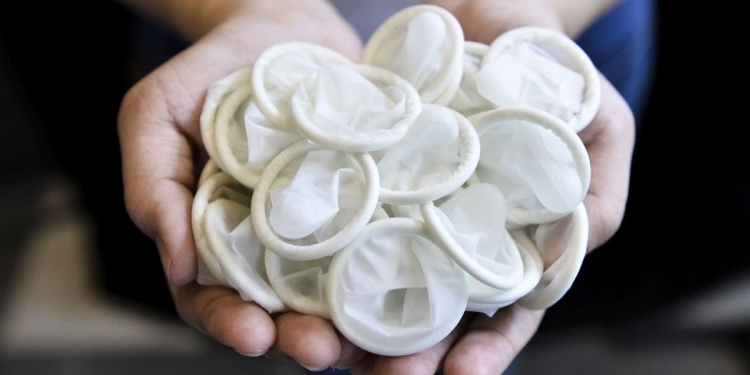The COVID-19 pandemic is continuing to grow, and the Movement Control Order imposed by Malaysian authorities in a bid to “flatten the curve” of the coronavirus has affected multiple industries around Malaysia. Only essential service providers such as banks and healthcare centres are allowed to open, which has meant the temporary closure of companies and businesses around the country—including those who produce condoms.
Karex is a Malaysian company that is the largest producer of condoms in the world, with 1 in 5 of all condoms in global circulation made by the manufacturer. These condoms are then sold under other brands—including Durex—and distributed under certain healthcare and aid systems. However, the MCO has resulted in the closure of manufacturing plants for more than a week, although Karex has been granted permission to begin production again—albeit with only 50% of its workforce.
As such, the company warns that there is a shortage of 100 million condoms, and CEO Goh Miah Kiat explained to Reuters that there is going to be a global shortage of condoms “everywhere”. Three of Karex’s factories have resumed operations since last Friday, although Goh warns that the producers will still struggle to meet the huge demand with just 50% of its workforce.

Who will be most affected?
Karex also supplies condoms for humanitarian programs in Africa such as the UN Population Fund, which is reportedly the area of greatest concern. While the shortage will certainly affect everyone, Goh says that the shortage will affect those who depends on these outreach programs in Africa the most; shortages could run into the “months”, the CEO warns.
However, there are other major producers from other regions. China, India, and Thailand are also major contributors of the world’s condom supply, although the outbreak is now spiking in India and Thailand—China’s situation is stabilising.
Durex, meanwhile, has stated that the company is not experiencing any shortages for the moment, and encourages customers to make purchases online. The necessity of condoms is even more apparent now, Karex’s CEO explains, with family planning coming into focus for many in light of the recent situation.
“The good thing is that the demand for condoms is still very strong because like it or not, it’s still an essential to have. Given that at this point in time people are probably not planning to have children. It’s not the time, with so much uncertainty.”
Despite the MCO prohibiting non-essential services providers from operating, companies that produce essential goods can apply for exemptions from the International Trade and Industry Ministry (MITI) in Malaysia. However, with the world’s biggest producer operating at only half-mast, we could still see a huge shortage of condoms around the world—there’s already a shortfall of 100 million of them.
[ SOURCE , IMAGE SOURCE ]








